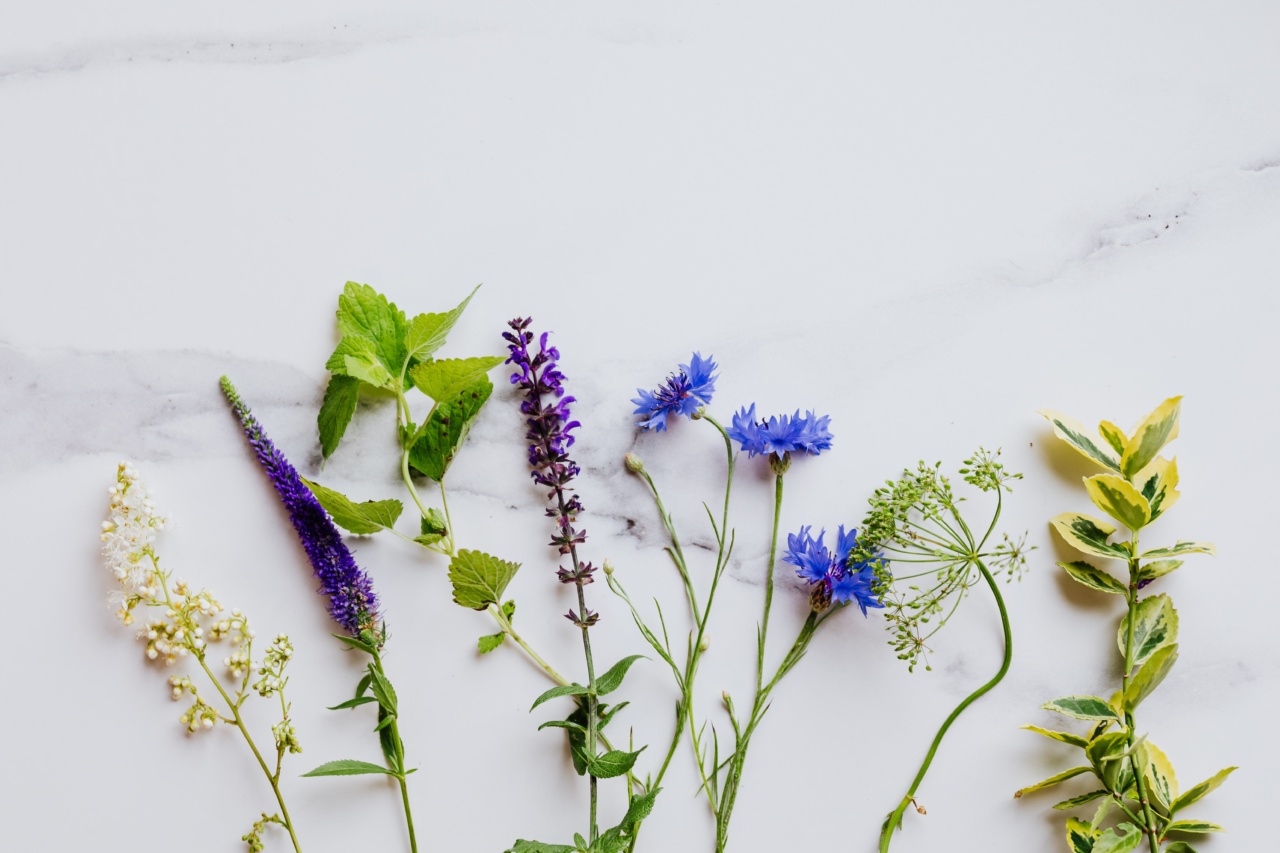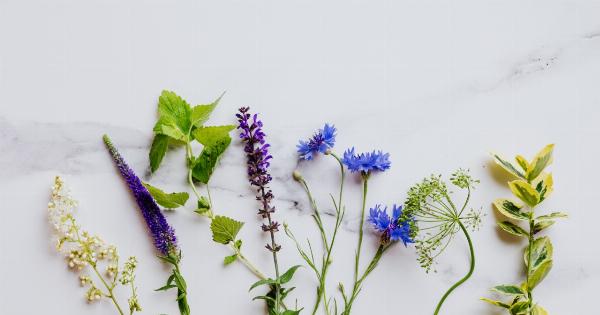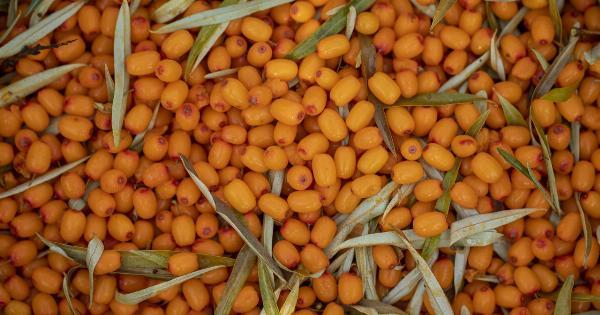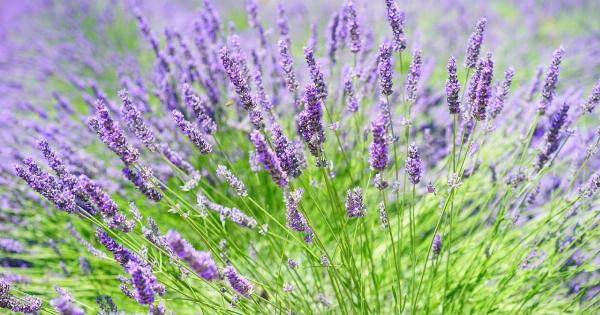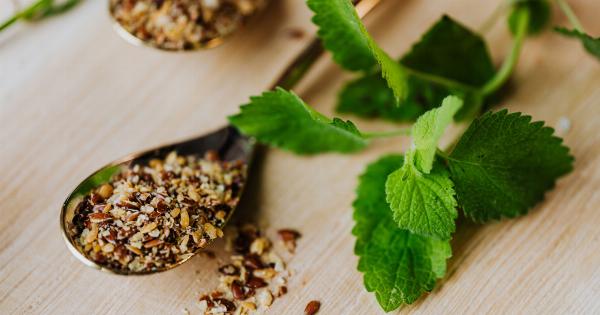Herbs have been used for centuries for their medicinal properties, and many people still rely on them to this day for their natural healing abilities.
From soothing digestive issues to boosting the immune system, herbs offer a wide range of health benefits. In this article, we will explore 10 common herbs and their medicinal properties.
1. Peppermint
Peppermint is known for its refreshing scent and minty taste, but it also has numerous medicinal properties. It is often used to relieve symptoms of indigestion, such as bloating, gas, and stomach cramps.
Peppermint has a calming effect on the muscles of the gastrointestinal tract, reducing spasms and promoting digestion.
2. Chamomile
Chamomile is a popular herb known for its calming effects. It is often used to relieve anxiety, stress, and insomnia. Chamomile tea is soothing and can help relax the mind and body, making it an excellent choice for those struggling with sleep issues.
It also has anti-inflammatory properties and may help to reduce skin irritation and promote wound healing.
3. Turmeric
Turmeric, a bright yellow spice, has been used in Ayurvedic medicine for centuries. It contains a compound called curcumin, which has powerful anti-inflammatory and antioxidant properties.
Turmeric is often used to alleviate symptoms of arthritis, reduce inflammation, and support liver health. It can also be used topically to promote skin health and reduce the appearance of acne scars.
4. Ginger
Ginger is a spicy herb known for its unique taste and medicinal properties. It is commonly used to treat nausea and digestive issues, including motion sickness and morning sickness.
Ginger also has anti-inflammatory properties and may help relieve muscle soreness and joint pain. It can be enjoyed in teas, added to dishes, or taken in supplement form.
5. Garlic
Garlic is widely used in cooking for its distinct flavor, but it also offers a range of health benefits. It contains a compound called allicin, which has potent antibacterial and antiviral properties.
Garlic may help boost the immune system, lower blood pressure, and reduce the risk of heart disease. It is best consumed raw or lightly cooked to preserve its medicinal properties.
6. Echinacea
Echinacea is a popular herb commonly used to boost the immune system and prevent the onset of colds and flu. It has powerful antiviral and antibacterial properties and may help reduce the severity and duration of upper respiratory infections.
Echinacea can be consumed in tea form, taken as a supplement or used topically to promote wound healing.
7. Rosemary
Rosemary is an aromatic herb that is often used in cooking for its distinct flavor and aroma. It also has several medicinal properties.
Rosemary has antioxidant properties and may help improve digestion, boost memory and concentration, and stimulate hair growth. It can be used in culinary dishes, brewed into tea, or used as an essential oil for aromatherapy.
8. Lavender
Lavender is a fragrant herb known for its calming and relaxing properties. It is often used to relieve anxiety, stress, and insomnia. Lavender essential oil can be applied topically to promote relaxation and soothe skin irritations.
It is also commonly used in bath products and aromatherapy diffusers for its soothing effects.
9. Sage
Sage is an herb with a slightly bitter and earthy taste. It has been used for centuries for its medicinal properties and is often used to alleviate symptoms of menopause, such as hot flashes and night sweats.
Sage tea can also be used as a gargle to soothe sore throats and mouth ulcers. Additionally, sage has antimicrobial properties and may help fight off bacteria and viruses.
10. Ginseng
Ginseng is a popular herb in traditional Chinese medicine known for its ability to enhance vitality and improve overall well-being. It is often used to boost energy, reduce fatigue, and support cognitive function.
Ginseng may also help regulate blood sugar levels, reduce inflammation, and enhance the immune system.
